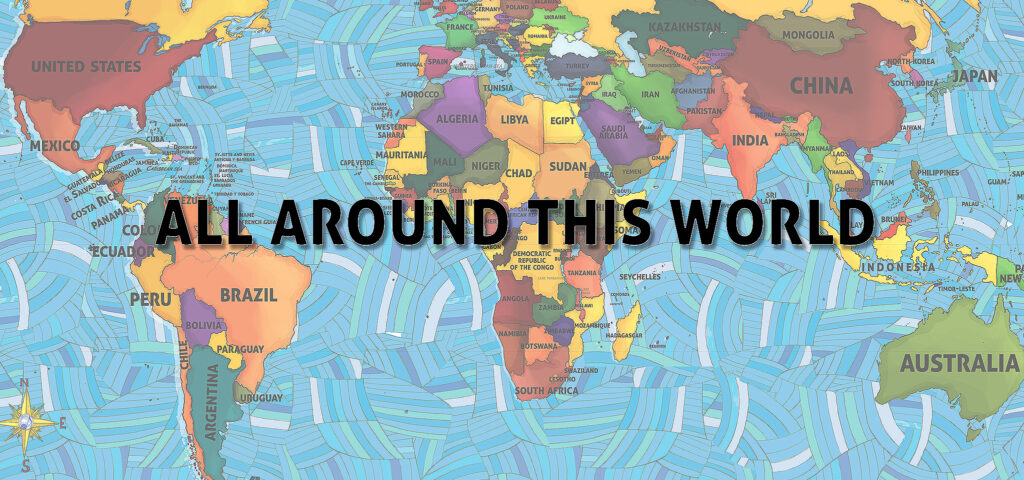What exactly is Zanzibar and why is it so hip? Most every hip city has a hip Zanzibar nightclub, like Los Angeles, New York and, of course, Lviv, Ukraine. What makes Zanzibar such an enticing, velvet-rope-inspiring place?
Zanzibar is an archipelago in the Indian Ocean just off the African coast of Tanzania that consists of two main islands — Zanzibar, known logally as Unguja, and Pemba, and several smaller islets. For nearly a thousand years Zanzibar has been a trading and travel center where Persians, Arabs and Indians blended economically, linguistically and culturally with East Africa.
In 1964 Zanzibar, at the time a British protectorate, united with the mainland country of Tanganyika to form Tanzania (the “Tan” from Tanganyika and the “Zan” from Zanzbiar — a portmanteau). Under the Pan-Africanist leadership of Julius Nyerere, Zanzibar joined Tanzania in pursuing “Ujamaa” socialism, which emphasized egalitarianism, extended family, cooperative agriculture and communal ownership of the economy, and was supposed to enable Tanzania to become independent from foreign aid. Despite Ujamaa socialism — or because of it? — Tanzania has run a rocky economic and political road since independence. The country functionally dismantled most Ujamaa policies after Nyerere left the presidency in 1985.
Today, Zanzibar functions as a semi-autonomous part of Tanzania, boasting its own government, known as the Revolutionary Government of Zanzibar. But Zanzibar isn’t internationally hip because of its politics. Instead, Zanzibar is best known beyond its borders for its sandy beaches, coral reefs, its many resorts that attract wealthy international travelers, and the ancient historic town called “Stone Town.” Could pristine beaches and posh resorts be more hip than egalitarian socialism? At Newark, New Jersey’s, legendary Club Zanzibar, people were probably disco dancing too hard to care.
More information: Wikikipedia on Zanzibar | Overview of Zanzibar’s culture | Keeping Stone Town stoney | About Nyerere | Wikipedia on Ujamaa Socialism–not a great review | More about Ujamaa— a rosier view | Nyerere’s “Arusha Declaration”
One last note. Arguably Zanzibar’s most famous son is legendary musician Farrokh Bulsara; we all know him better as Freddie Mercury of Queen. Born in Zanzibar in 1946, Bulsara’s parents were Zoroastrian Parsees who worked closely with the British colonial government. When Farrokh was nine his parents sent him to boarding school in India, where he started studying piano. The rest, as they say, is history. (Okay, this is the real “Bohemian Rhapsody.”) Mercury never returned to Zanzibar, though some aren’t too upset about that. In 2006 a Zanzibari festival and AIDS benefit to mark the 60th anniversary of Mercury’s birth became a touchpoint for cultural and religious controversy, as a traditional Islamic group protested what it saw as a glorification of Mercury’s flamboyant Western lifestyle, including his sexual orientation. Authorities canceled the celebration. However, in the hearts of the oh-so-many Queen fans, Mercury rocks on.





Comments are closed.